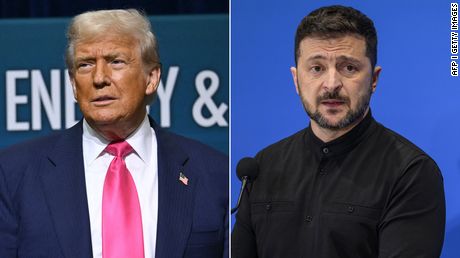Entities mentioned:
- Donald Trump: Power, Control, Legacy
- DC National Guard: Duty, Obligation, Security
- Washington, DC Police Department: Security, Professional pride, Duty
- US Congress: Control, Duty, Influence
- Muriel Bowser: Indignation, Self-preservation, Duty
- Greggory Pemberton: Professional pride, Security, Loyalty
- Federal Bureau of Investigation (FBI): Duty, Security, Professional pride
Article Assessment:
Credibility Score: 75/100
Bias Rating: 55/100 (Center)
Sentiment Score: 35/100
Authoritarianism Risk: 65/100 (Authoritarian Tendencies)
Bias Analysis:
The article presents multiple perspectives and includes factual data, showing an attempt at balanced reporting. However, there's a slight lean towards questioning the necessity of Trump's actions, potentially indicating a slight center-left bias.
Key metric: Federal-State Power Balance
As a social scientist, I analyze that this article highlights a significant shift in the federal-state power balance, particularly in Washington, DC. Trump's unprecedented move to take control of DC's police department and deploy the National Guard demonstrates an expansion of federal authority in local affairs. This action, while legally permissible under the Home Rule Act, raises concerns about the erosion of local autonomy and the potential for abuse of presidential power. The justification for this intervention appears to be based on crime rates, although the article notes that crime has actually been declining in recent years. This discrepancy between the stated rationale and statistical reality suggests potential political motivations behind the decision. The move also sets a precedent that could impact future federal-state relations and the balance of power in other cities, despite the unique legal status of Washington, DC. The reaction from local officials, particularly Mayor Bowser, indicates tension between local and federal authorities, which could have long-term implications for governance and policy implementation in the capital.











